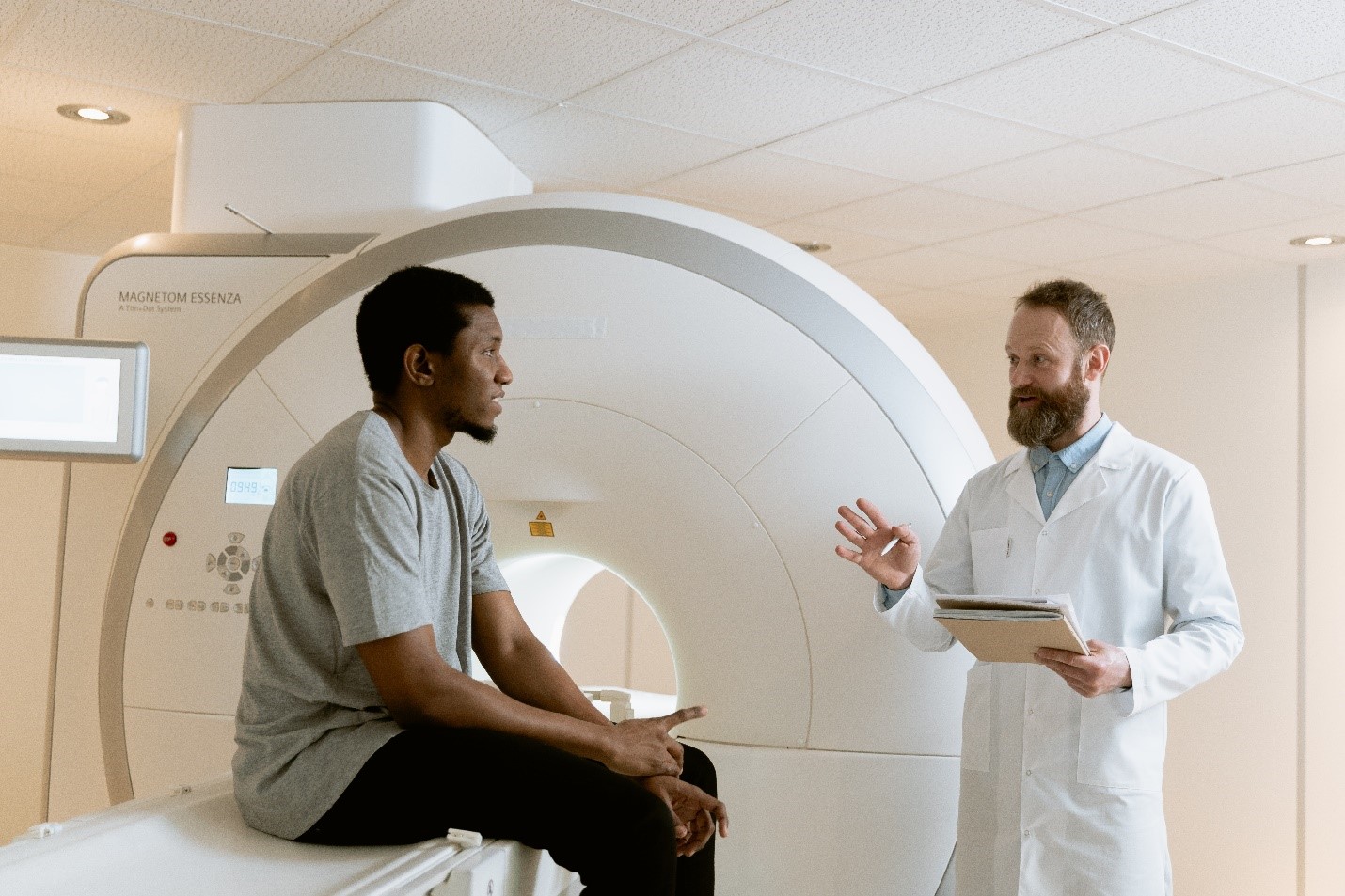
It’s well documented that many patients experience anxiety and claustrophobia when undergoing an MRI procedure. But how big of a problem is anxiety and claustrophobia for patients needing an MRI?
One study found that between 2 and 2.5% of patients scheduled for an MRI suffer from claustrophobia. That percentage may not sound like a lot, but the severity of claustrophobia can have an outsized impact ranging from delayed procedures to aborted scans. That same study found that 2,000,000 MRI procedures worldwide went uncompleted due to patients experiencing severe claustrophobia.
Another study found that 37% of patients experienced anxiety during an MRI, with nearly half of patients citing noise and/or confinement as the most unpleasant feature of the MRI. You’ll notice that number – over a third of patients – is far higher than the rate of people who suffer from claustrophobia (estimated between 5-7% worldwide). The difference between those numbers – at least 30 points – shows that MRI scans create significant feelings of discomfort in a large part of the population.
This discomfort can create problems for imaging centers that extend beyond difficulties getting some patients in the door. Data for the failure to complete MRIs due to patient anxiety ranges between 0.5% and 14.5%.
There are also rescans to consider. In fact, rescans are the biggest factor of MRI scanner downtime – and it’s estimated that between 10-15% of scans need to be redone due to movement. That movement is most often an expression of discomfort relating to anxiety, noise, and claustrophobia.